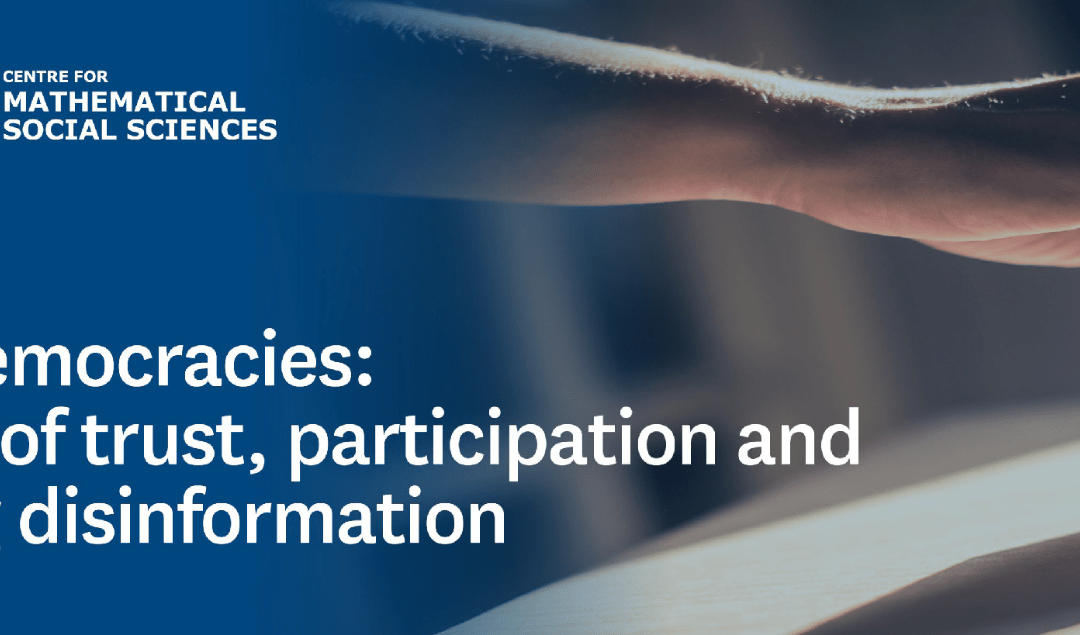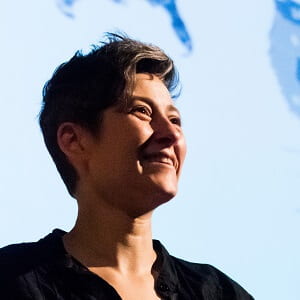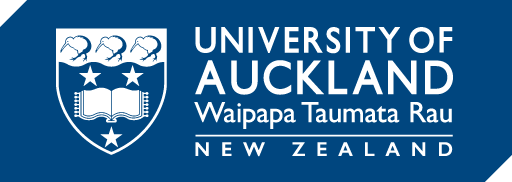
by sfab358 | Aug 18, 2023
On 17 August 2023 we hosted a transdisciplinary roundtable, facilitating a conversation about “Resilient Democracies: On the role of trust, participation and combatting disinformation” featuring speakers with expertise in economics, mathematics, political theory, and international politics. You can find a recording of the session here. For photos taken on the day, follow this link.
One of the guest speakers, Professor Massimo Morelli also contributed a public lecture on “The Shift to Commitment Politics and Populism” later that day (see related CEPR Discussion Paper for more on this, or alternatively, read this working paper version) — access the recording of this public lecture on YouTube here — , and gave an interview in the media on related topics to those discussed in the roundtable and the public lecture, which you can read more about here.
With Guest Speakers:
Accompanied by co-Panellists:
- Simona Fabrizi, co-Director of the CMSS and Senior Lecturer from the Dept of Economics at the University of Auckland
- Arkadii Slinko, co-Director of the CMSS and Professor from the Dept of Mathematics at the University of Auckland
And Moderated by:
- Robert MacCulloch, Matthew S. Abel Chair of Macroeconomics from the Dept of Economics at the University of Auckland

by sfab358 | Jul 27, 2023
A link to the recording of the lecture on YouTube can be found here
For photos taken on the day, follow this link
Speaker: Massimo Morelli (Bocconi University)
Title of the talk: “The Shift to Commitment Politics and Populism” [working paper version – slides & recording of the public lecture]
Date, Time and Venue: Thursday, 17 August 2023, 5.15pm – 6pm, Registration, drinks & canapés, Level 1 Foyer, Sir OGGB, 6pm – 7.30pm, Lecture and Audience Q&A, Sir OGGB, Room OGGB 5, Level 0
Abstract: The decline in voters’ trust in government and the rise of populism are two concerning features of contemporary politics in Europe and United States. In the lecture I plan to introduce a model of commitment politics that elucidates the interplay between distrust and populism. Candidates supply policy commitments to mitigate voters’ distrust in government, shrinking politicians’ levels of discretion typical of representative democracies. Alongside commitments, candidates rationally choose the main strategies associated with populism, namely anti-elite and pro-people rhetoric. With novel data on voters’ distrust towards the U.S. federal government, which we match with the Twitter activity of more than 2,000 candidates over five congressional elections, we show that distrust is strongly associated with candidates’ supply of commitments and populist rhetoric, which are also effective strategies at mobilizing distrustful voters. I also plan to show that the shift to commitment politics determines greater aversion to checks and balances, and hence even illiberal populism can emerge. Free media, judiciary independence, and professional bureaucrats, are all “agencies of restraint’’ of an executive, and hence the voters who prefer the policy commitments of their chosen candidate to executive power prefer the reduction of strength of all such agencies.
Bio: Massimo Morelli has been elected Fellow of the Econometric Society – and Society for the Advancement of Economic Theory – mostly for his contributions to bargaining, political economy and economics of conflict, while his current work also deals with causes and consequences of populism and law and economics in general. He obtained a PhD in economics from Harvard in 1996 and went back to Italy (Bocconi) in 2014, after having taught at multiple universities in the US, including Columbia University. He has been an active member of the Council of the European Economic Association and is now chairing the Minorities in Economics (MinE) committee, with a growing passion for all diversity and inclusion concerns.
To register, sign up on Eventbrite

by sfab358 | Jul 27, 2023
Speaker: Moon Duchin (Tufts University)
Title of the talk: “Computing and Democracy” [slides]
Date, Time and Venue: Thursday, 9 March 2023, 18:00-20:00,OGGB4 (Room 260-073) Sir Owen G Glenn Building, 12 Grafton Road
Abstract: How do groups make collective decisions? And how should they best do so? This ancient topic has been intertwined with mathematical tools in several ways throughout the ages: with the new art of probability in the 18th century, isolating axioms of fairness in the mid-20th century, and again today with computation on centre stage. Professor Duchin will discuss ways that mathematics and data science are illuminating the dynamics of voting and creating powerful tools for democracy reform.
Link to photo album
Link to radio interview by Moon Duchin while visiting UoA

by sfab358 | Aug 1, 2022
We are pleased to continue our in person research seminar series hosted by the Centre for Mathematical Social Science at the University of Auckland, New Zealand, which we call “There will be donuts.”
The series has been running periodically since August 2022. For an archive of all presentations held since the series was launched, please visit the “Past Seminars” page.
If you want to talk about theory (your own, or an interesting paper from the literature) or even give a mini-course on some area of theory you want to tell us about, then please sign up! We encourage informality, brainstorming of potential research ideas, and general enthusiasm for all things theoretical. Book your slot by emailing one of the organisers. If you want to learn some theory, then please come along. Students are particularly welcome (in the audience and on stage). And of course, donuts will be provided! Hope to see you at the seminars!
To learn more about it, visit its dedicated website at https://sites.google.com/view/cmss-there-will-be-donuts/home
Best,
The Organisers: SImona Fabrizi (s.fabrizi@auckland.ac.nz), Steffen Lippert (s.lippert@auckland.ac.nz) and Matthew Ryan (mryan@aut.ac.nz)
by sfab358 | Jan 7, 2021
We continue to host online seminars on social choice and welfare. Here is where you can find all about them, over time, including how to sign up to receive any notification as seminars get confirmed.





Recent Comments